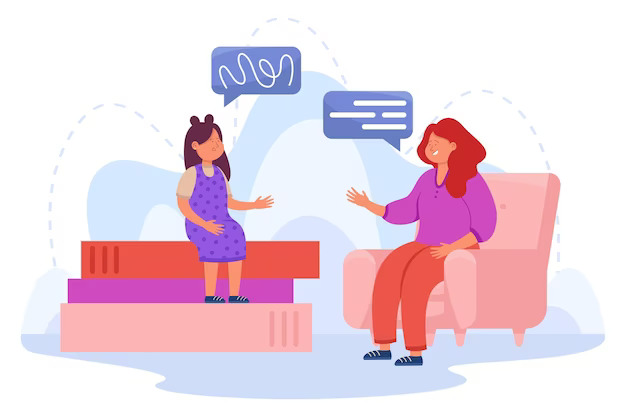
The role of psychologists in educational institutions and other industries and organizations is expanding. With their hectic schedules and heavy workloads in schools, they support both pupils and instructors. They have a research interest as well, and by making significant changes to the curriculum, they can help improve it.
Today's educational system is rather convoluted. There isn't a learning method that is universally effective. Therefore, educational psychologists concentrate on identifying and examining learning processes to gain a better understanding of how individuals take in and retain new information.
Human development theories are used by educational psychologists to improve understanding of individual learning and to guide the teaching process. Although interacting with instructors and students in the classroom is a crucial component of their employment, it is not the only one.
Lifelong learning is a pursuit. People pick up knowledge when going to school, working, interacting with others, and even running errands or doing household chores. This area of psychology studies how people learn in various contexts to develop methods and tactics that would facilitate learning.
School psychologists are professionally trained staff members that support teachers and students in the classroom. They help children and teens achieve academic, social, behavioral, and emotional success by utilizing their expertise in mental health, learning, and behavior. The promotion of secure, healthy, and encouraging learning environments that strengthen relationships between the home, school, and community is another goal of school psychologists' collaboration with parents, teachers, administrators, and other professionals.
School psychologists use their sophisticated knowledge of mental health, behavior, and human development to help children succeed in the classroom. These experts strive to improve their students' life in a number of ways, such as by helping them with their academic performance and attainment, enhancing their social abilities and functioning, addressing behavioral issues, etc.
Children and teenagers occasionally struggle with challenges related to learning, social connections, making difficult decisions, and managing emotions like feeling depressed, anxious, worried, or alienated. School psychologists work with students' families, teachers, and peers to identify and address both long-term and short-term issues that may arise. They are a highly skilled and available resource in the effort to support all kids and teenagers in achieving academic, familial, and life success.
The duties of this profession may vary from one school to the next and might change often depending on the requirements of the personnel and students. However, in some circumstances, school psychologists share some duties and obligations. For instance, although some school psychologists serve numerous schools in a district or region, others are assigned to a single school.
A school counselor has a variety of roles and responsibilities, including:
- Providing individual and group counseling to students to address personal, social, and academic issues.
- Developing and implementing school-wide programs that promote academic achievement, personal growth, and social-emotional development.
- Collaborating with teachers, staff, and parents to support student success.
- Conducting assessments, such as academic and career interest assessments, to help students make informed decisions about their futures.
- Developing and implementing crisis intervention and crisis management plans.
- Referring students and families to community resources as needed.
- Providing training and support to teachers, staff, and parents on topics such as classroom management, conflict resolution, and creating a positive school climate.
- Facilitating individual and group activities to support character education and anti-bullying initiatives.
- Participating in school-wide meetings, such as Individualized Education Plan (IEP) meetings, to provide input and support for students with special needs.
- Maintaining confidential records and ethical standards in accordance with professional standards and laws.
To become a school counselor in India, one must follow these steps:
- Earn a Bachelor's degree in Psychology, Education, or a related field from a recognized university.
- Complete a Master's degree in Guidance and Counselling, Clinical Psychology, or a related field from a recognized university.
- Obtain certification in counseling, such as a diploma in counseling or a certificate in guidance and counseling, from a recognized institution.
- Acquire relevant work experience by volunteering or interning in schools, counseling centers, or other organizations that provide counseling services.
- Register with the Rehabilitation Council of India (RCI) to become a registered counselor.
- Pass the National Eligibility Test (NET) in Psychology or Clinical Psychology, as prescribed by the University Grants Commission (UGC).
- Apply for school counselor positions in schools, either through open advertisements or by approaching schools directly.
It is important to note that the specific requirements for becoming a school counselor may vary depending on the state or region in India, so it is advisable to check with the relevant authorities for more information.
Visit TalktoAngel to speak with some of the best online mental health professionals. You can find the greatest "online psychologists " or " online therapy " regardless of your search criteria.

No comments yet